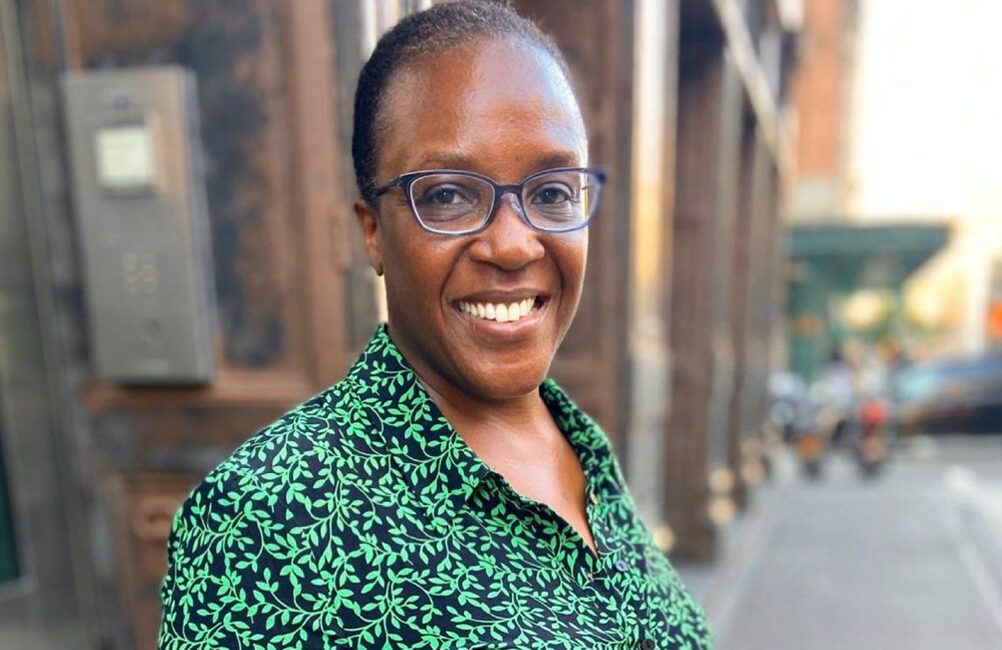Wine Future 2021 has made diversity and inclusion one of the key topics for debate – alongside the pandemic, climate chain and global trading. You can find the full agenda here and sign up to the online event that takes place between February 23-26 here. Here’s why Wine Unify’s Alicia Towns Franken is taking part.
You have enjoyed a successful career working in US restaurants – what made you want to work in wine in the on-premise?
I entered the wine end of the restaurant industry in 1997. I had always worked in restaurants to pay for university. One night someone handed me a glass of what turned out to be Penfolds 1986 (when it was still known as Grange Hermitage) and it literally made me stop in my tracks. I had been serving wine for years as a server, but that sip alone, made me want to learn more. I offered to help the restaurant, receive, stock and inventory wine. Within a year, I was offered the job as wine dDirector.
What have you enjoyed most about working as a sommelier and being involved in on-trade wine buying and managing wine lists?
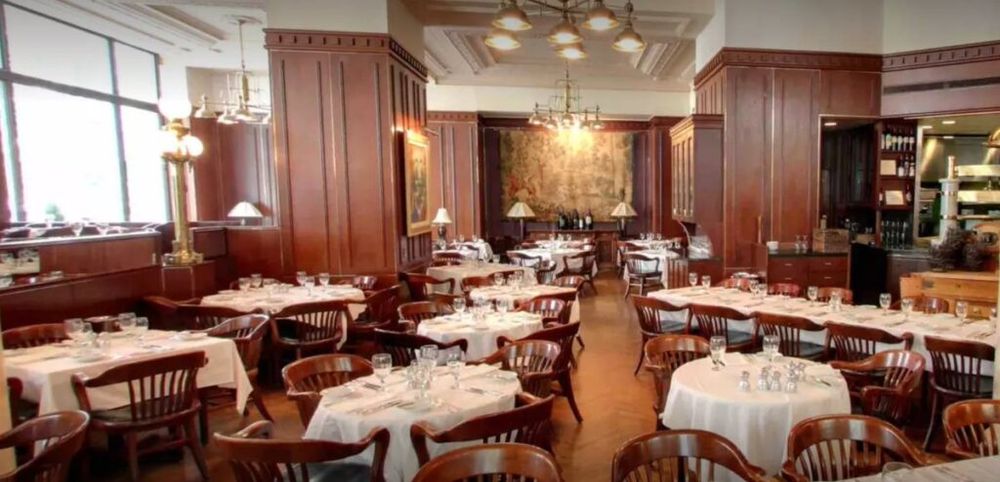
Grill 23 in Boston is where Alicia Towns Franken made not only her name in wine in the US on premise but her racially diverse wine team
As wine director, I built the initial wine department of Grill 23 & Bar, a Boston’s grand award winning steakhouse, with the help of my superbly talented team, Natalie Vaché and Dini Rao, Natalie from Bordeaux, and Dini of Indian decent. As an all female team, both racially and ethnically diverse (black, brown and a foreigner) we were nothing Boston had ever seen before. We were quite the team, running the largest wine program in the city. We grew a 200 page selection list into a 5,900 selection, $3.5 million wine program, doubling the sales within two years.
But the aspect I enjoyed the most, is the connections and community people can form over a bottle of wine. Some of my good friends are regular customers from my days on the floor.
What have you found the most challenging aspects of working in the restaurant sector?
We sold on a nightly basis a large quantity of wine in terms of both volume and dollar. It was the golden age of cult wines, first growths, and ridiculous Burgundies. The stock market was at its height, and I was the black woman in charge of a fine dining steakhouse wine program.
It was a point of power for me in my career, I was trying to change perceptions and the conversation. Granted, we had many regular customers who knew me, but for other diners, although it was I who helped changed the economic outlook of the restaurant, I still couldn’t escape the stereotypes. Frequently, I was assumed to be a hostess or just about any other role that wasn’t my actual job.
People had a difficult time reconciling my sex, race and position. Even at the level I had achieved, I had to prove myself and my knowledge not just nightly, but table by table. It was exhausting, race relations should have been added to my job description. The challenges ran the gamut from innocent to outright sexist and or racist.
What advice would you give to others looking to work as a sommelier? What skills do you most need?
Do the work, there are no shortcuts.
You are part of the team behind Wine Unify – can you explain how the initiative came about?
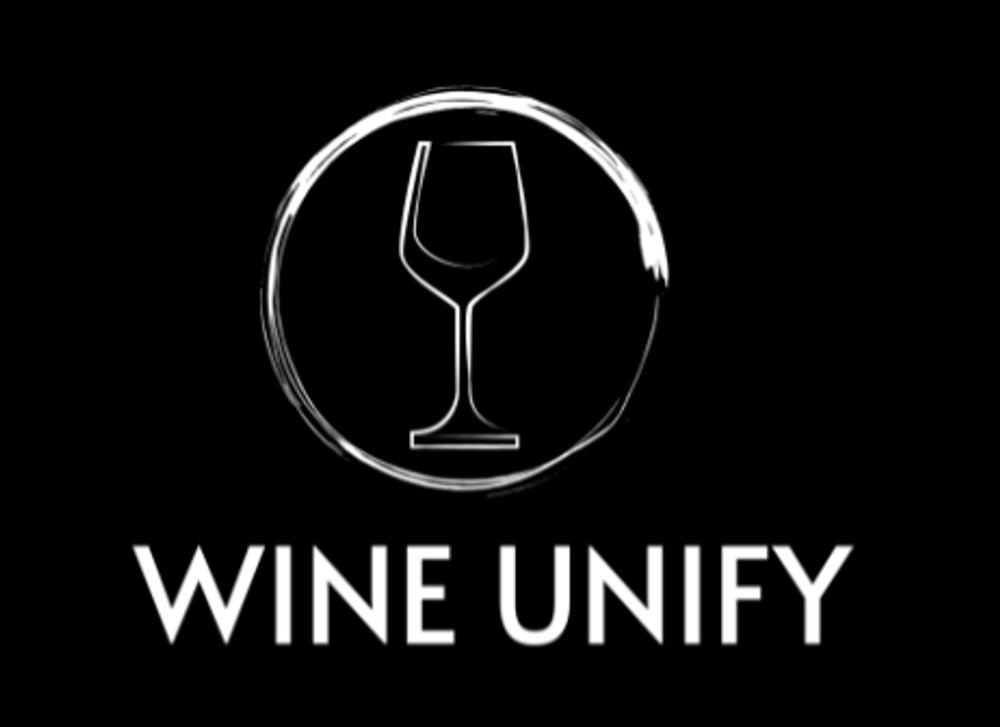
When we started Wine Unify in July 2020, we sought out to create change within the wine industry. The initiative was the result of a conversation that has been happening for years, the murder of George Floyd by a police officer made it blatantly clear that it was not a conversation that was needed, it was action.
What are Wine Unify’s ambitions?
Wine Unify is a nonprofit organisation founded to champion and promote diversity within the wine business.
Working within the wine industry can open many doors both financially and intellectually. While we have come a long way over the years promoting a more ethnically and racially diverse profession, there is much work to be done in terms of welcoming, elevating, and amplifying the voices of underrepresented minorities.
Education is the cornerstone of progress in any field because it allows people to see the many different paths down which a subject can lead. Obstacles to education include funding, mentorship, and, or, a general feeling of exclusion. Wine Unify seeks to unite all three by way of several sponsored funding initiatives for underrepresented minorities intended to:
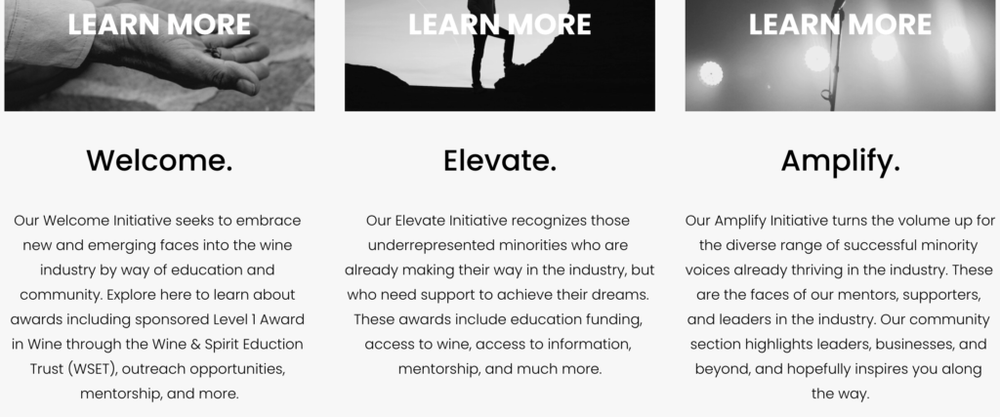
- First, WELCOME those who have an interest in wine but do not currently work in the field.
- Second, ELEVATE and support the careers of existing wine industry professionals of colour who seek further education.
- Third, AMPLIFY the diverse voices of professionals, who are they themselves underrepresented minorities, that currently exist within the wine industry.
What steps have you been able to make so far?
In 2020, Wine Unify was able to offer 30 awards, doubling the initial goal. Welcome Award recipients completed their WSET Level 1 certification in November, while the Elevate Award recipients are currently enrolled in their WSET Level 2 coursework.
Each Award includes: a fully-funded fully-funded WSET Certification course through the Napa Valley Wine Academy; glassware for tasting provided by Stölzle; additional funding for supplemental study wines from Wine.com; one-on-one and collective mentorship with Wine Unify’s team of wine professionals; a subscription to Jancisrobinson.com; and access to webinars and other educational resources.
What would help you the most achieve your goals and ambitions?
Please donate. No donation is too small or unappreciated. {You can donate here]
What is your personal involvement with Wine Unify?
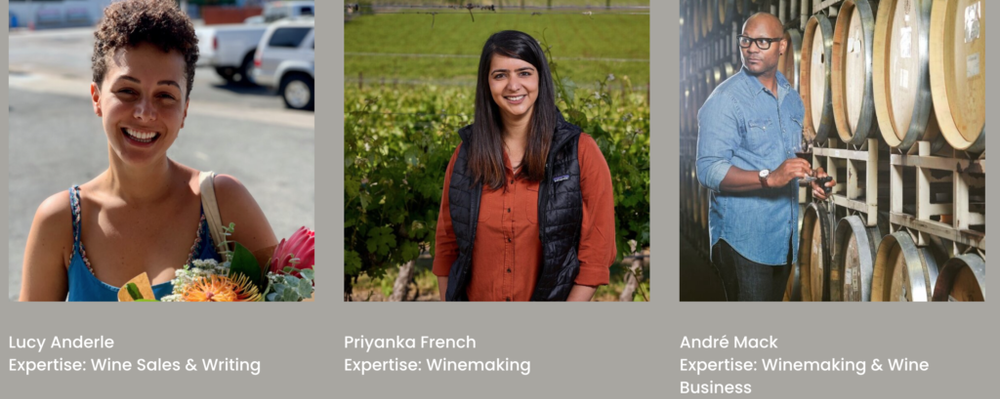
Wine Unify runs a mentor programme to help offer support and guidance to more people in the industry – here are three of the US mentors involved.
I am on the board of directors and lead the mentorship program. Mentorship is critical to building community, and it’s ultimately mutually beneficial and empowering for both the mentor and the mentee. We provide individuals who applied for the awards but who were not recipients this year with mentorship sessions led by me. Our mentorship sessions program is a way to continue to build community. Our mission to drive inclusivity extends beyond just giving awards. We are here to help change this industry.
What response have you had from the industry to Wine Unify?
Our response has been overwhelming, the support we receive, as well as the number of applicants that are applying, tells us that there is need.
What steps would you like to see the industry as a whole take to support and promote more diversity and equality?
Let’s remove the gatekeepers. There’s room for everyone in this industry. Wine is naturally inclusive.
Why did you want to get involved in the Wine Future 2021 event that is taking place online this month?
To represent and amplify Wine Unify and to learn from other industry leaders.
What are you going to be talking about and what do you hope to achieve?
The ongoing struggle for gender parity, the recent emergence of Black Lives Matter, the expanding demands for a living wage, and other social movements are rising around the world. How do different wine producing countries respond to identifying and improving these human rights by inculcating social benefits, cultural sensitivities, and improved working conditions? This session will identify these problems while showing successful initiatives in overcoming these in the wine industry.
What are your overall hopes for 2021?
To continue towards a more diverse, equitable and inclusive wine industry and world.
- To find our more about Wine Unify you can go to its website here.
Wine Future 2021

Wine Future 2021 is an online business, insights and networking event being run between February 23-26. It features four days of talks featuring over 70 leading figures from the global wine industry addressing key issues including the pandemic, economic recovering, viticultural challenges, climate change, diversity, inclusion, adapting to digital change amongst many more.
To find out more go to www.wineFuture2021.com and register. The registration fee is €120 for all four days but also it allows you to watch all the conferences and panels on demand for two months after the event finishes. For discounts go to the section called Strategic Alliances and if you are a member of any of those companies and organisations, you’re entitled to almost a 50% discount.
For more on the event:
- Read this interview with the founder Pancho Campo here.
- and The Buyer’s analysis on what to expect here.
